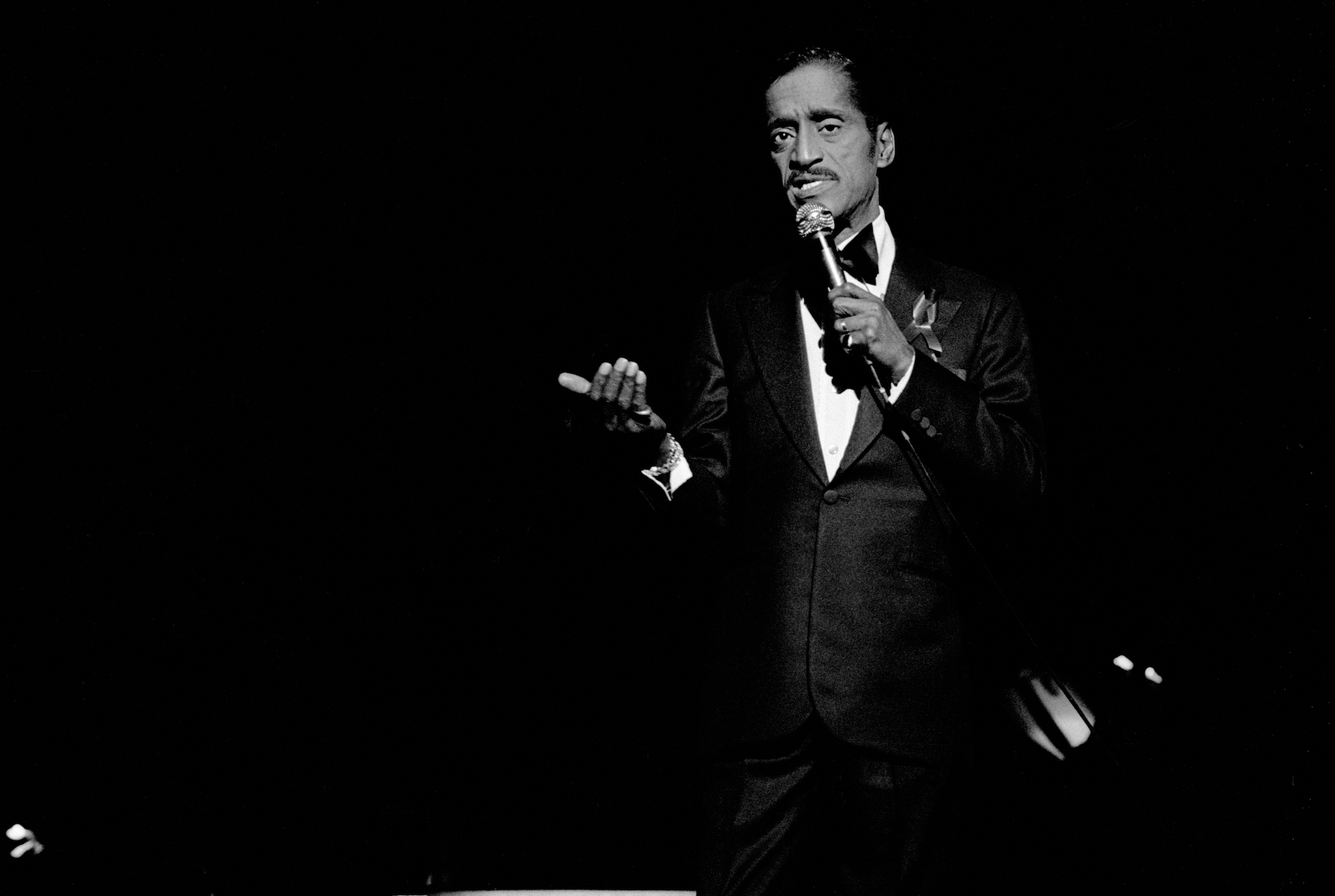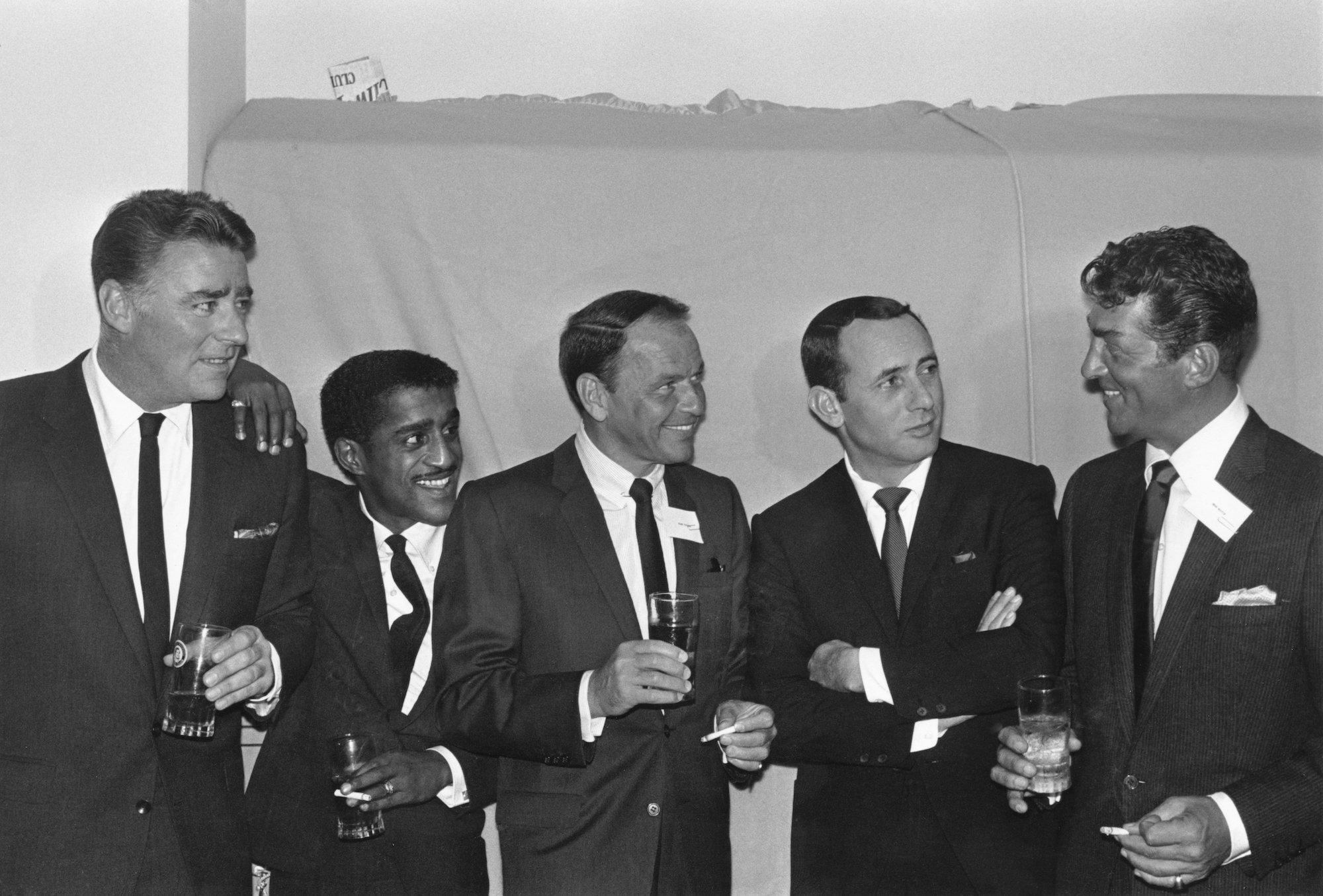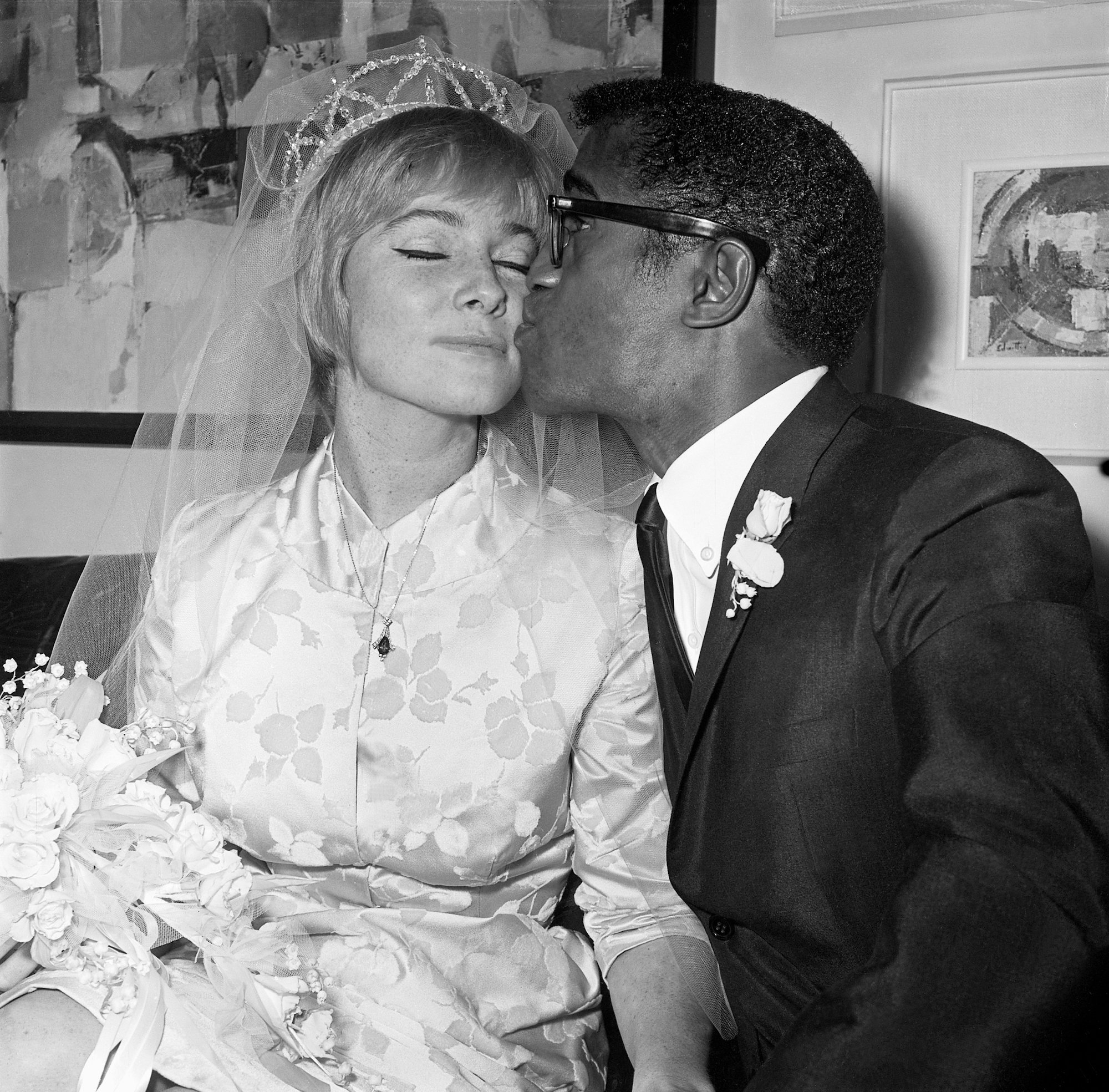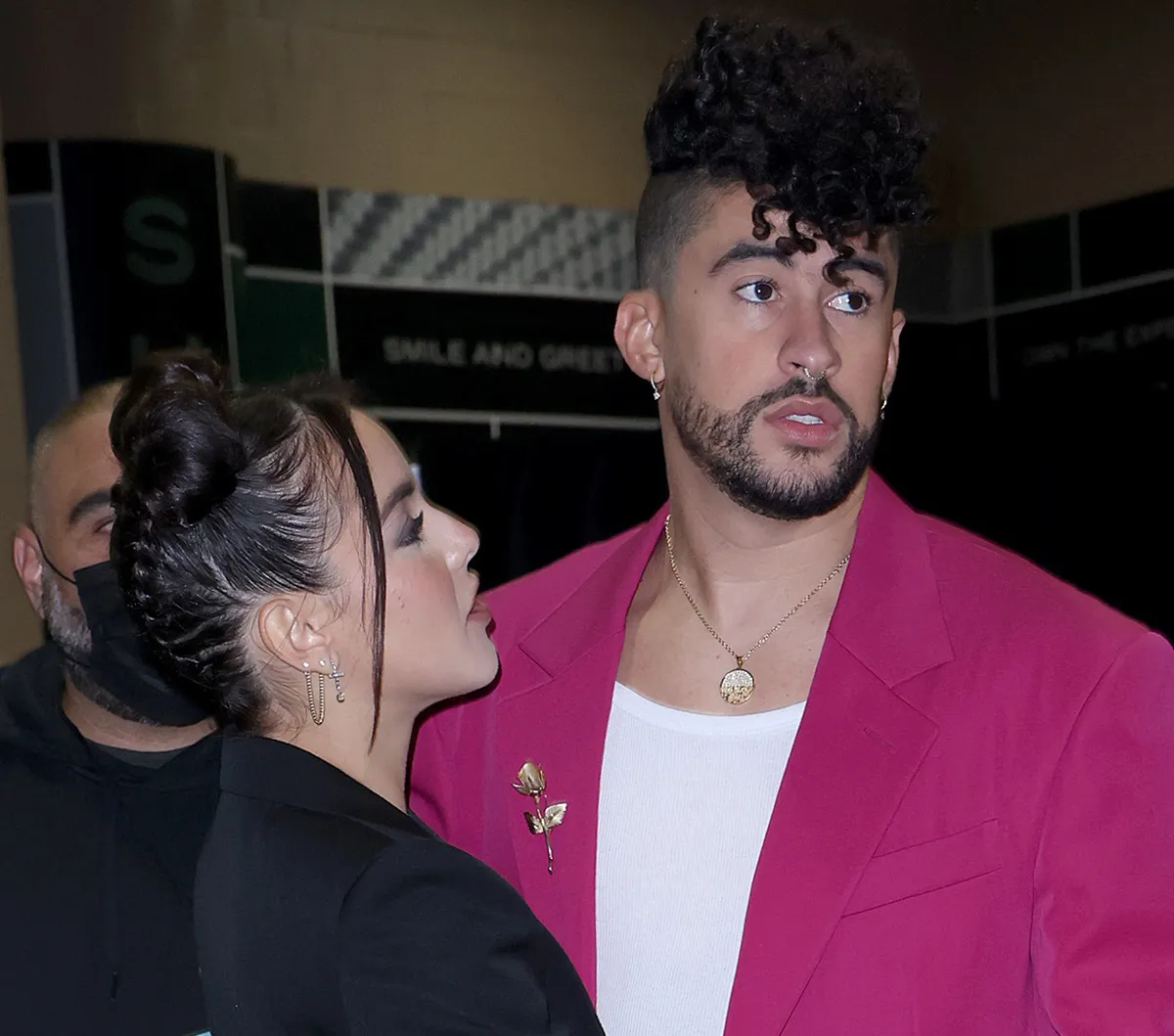Why ‘Rat Pack’ Star Sammy Davis Jr. Was Banned From JFK’s Inauguration
In the late 1950s, Sammy Davis Jr. was a rising star who was loved by many. As a member of the legendary Rat Pack, a superstar on Broadway, and a skilled actor/dancer, Davis was on the come-up to being one of the biggest entertainers in the world.
However, that all changed in 1960 when he found himself in the middle of a racial divide, which cost him not only his popularity but also his spot in former U.S. President John F. Kennedy’s inner circle.

Sammy Davis Jr. was a member of the Rat Pack
Sometimes, a small group of people are able to have an immense influence on the world around them, and that was certainly the case for the famed Rat Pack.
The group, which consisted of entertainers Frank Sinatra, Dean Martin, Sammy Davis Jr., Peter Lawford, and Joey Bishop, made waves in the ’50s and ’60s for their swagger, antics, and camaraderie.

They originated as a group of A-list show business friends who met casually at the Los Angeles home of Humphrey Bogart and Lauren Bacall. They soon began making movies and appearing together in Las Vegas casino venues, which ultimately helped support new hotels and resorts popping up along The Strip.
In 1960, the Rat Pack reached ultimate stardom when they appeared together in Ocean’s Eleven, which not only made their names synonymous with all the glamor Las Vegas was selling but also helped seal the new image of the now glitzy city.
Sammy Davis Jr. marriage to May Britt caused a racially charged public controversy
Like the rest of the Rat Pack members, Davis was at the height of his career in the late ’50/early ’60s.
He’d just completed an acclaimed performance in Mr. Wonderful on Broadway and was a headliner at The Frontier Casino in Las Vegas. Not only that, but Davis was also landing television roles regularly and recording dozens of albums.
As many could see, Davis was on the rise to ultimate stardom. However, his popularity took a significant hit when he married his second wife, May Britt, in 1960.

Since Britt was a white woman and Davis was Black, their relationship angered many racists. While interracial marriage had been legal in California (where they had gotten married) since 1948, anti-miscegenation laws in the United States still stood in 23 states.
After their union was announced to the press, the public went mad and began blacklisting Davis. The couple began receiving multiple death threats a day, and many racists picketed the theaters where Davis performed.
But nothing the public did to the singer and his wife was more hurtful than how the Democratic party treated them during John F. Kennedy’s 1960 presidential campaign.
Sammy Davis Jr. was banned from John F. Kennedy’s inauguration because of his marriage
In the early ’60s, Davis and close friend Frank Sinatra campaigned to elect President John F. Kennedy into office, along with the rest of the Rat Pack and several other Hollywood celebrities.
Not only did they perform in 20 cities across the nation, but the entertainers also attended the Democratic National Convention in Mississippi. However, Davis’ support wasn’t applauded by the public as he was booed while singing the national anthem during the DNC— an incident that reportedly left him near tears.
But that was only the beginning of Davis’ humiliation.
After Kenndey won the election, Davis was allegedly snubbed by him on two occasions.
First, the singer had been invited to Kennedy’s inauguration gala and was so proud to be going that he had a special suit made. His wife, Britt, had even bought a Balenciaga dress, according to Smithsonian magazine.
But three days before the inauguration, Kennedy had banned the couple from attending because he worried that the sight of them together would anger Southerners. Davis was deeply hurt and embarrassed by the snub.
Then in 1963, Davis and Britt were invited to a White House reception for African-American leaders. But when Kennedy saw them there, he hissed at his aides to “Get them out of here” and escort the couple away from photographers, according to reports.
Though being shunned by the President caused Davis to hold a grudge against him, Biography.com reports that those feelings had subsided when the singer was honored by the Kennedy Center in 1987.


